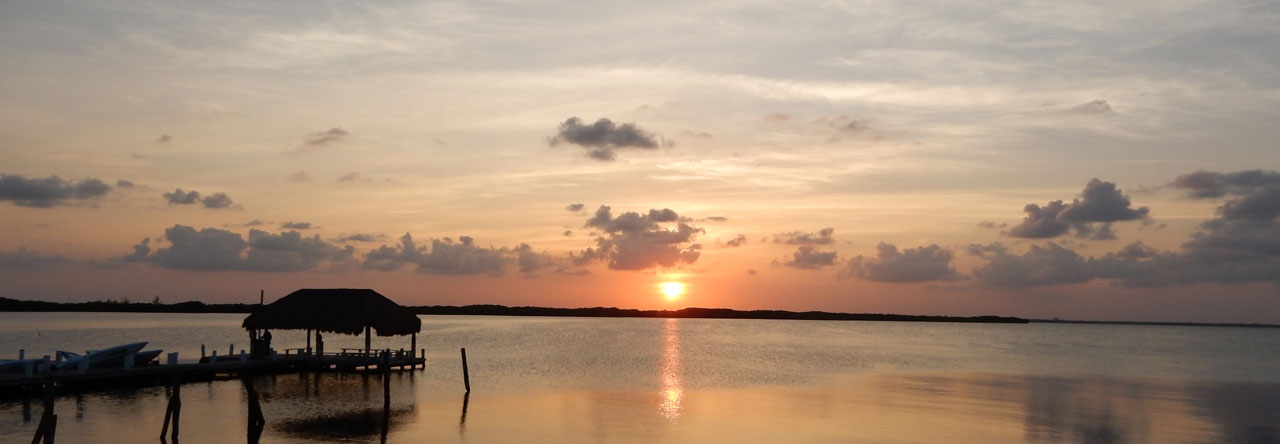“Lowland Kids,” a documentary short showing at SXSW directed by Sandra Winther and beautifully shot by Director of Photography Todd Martin tells the story of America’s first climate change refugees.
Brother and sister Juliette and Howard Brunet are being raised by their Uncle Chris Brunet, who is handicapped and confined to a wheelchair. The parents of the teen-agers apparently died from drug addiction, although Howard, when asked, says, “I don’t want to talk about that.”
The two siblings and their Uncle Chris live on Isle de Jean Charles, Louisiana and, as Chris explains their predicament after 3 generations of living on the island, their island is losing one football field of earth every hour because of the oil and gas company building canals and due to natural disasters. The rising water is going to take over the island, the lowlands, and, as Uncle Chris says, “This is home. You really can’t get that again.”
The government has pledged to build houses to relocate the entire lowland island because, “The ground is sinking. You’re looking at mass relocation.” When asked how they feel about moving in questions like, “What are you gonna’ miss about this place?” Chris answers “Everything, Man!” It is clear that the teen-agers feel the same way. Explains Chris, “That’s just it. It’s the simplicity.”
While the house they live in is not much, the scenery is gorgeous with beautiful sunsets and trips by boat to hunt alligators. The young people spend a lot of time driving all-terrain vehicles around the lush and isolated grounds and Howard says, “Moving off the island is gonna’ change a lot. Nobody really wants to lose their hometown.”
 Howard shares that he is an aspiring football player and adds, “If you’re good at it, you shouldn’t just waste your time.” He hopes to get a college scholarship to help him go to a college or university in the future. He is shown watching a Saints/Vikings showdown on his cell phone and practicing his throwing.
Howard shares that he is an aspiring football player and adds, “If you’re good at it, you shouldn’t just waste your time.” He hopes to get a college scholarship to help him go to a college or university in the future. He is shown watching a Saints/Vikings showdown on his cell phone and practicing his throwing.
Juliette shares that, “The person I respect the most is Uncle Chris…in a wheelchair and raising two teenagers.” She seems to have made her peace with the deaths of her parents, saying she doesn’t need a female role model because, “They died for a reason. To me, it’s cool.” The only hint that the loss of their biological parents really isn’t so “cool” for them comes from a family friend, Mike, who talks about her brother Howard being “in a bad way” at one point, but all of them rallying to care for the orphaned children.
The place and its loss is front and center, with gorgeous cinematography and comments like,”They say there’s not too much here. That’s the thing—it’s just implicit.”
There are so many unanswered questions in the short (approximately half an hour) documentary: What happened that confined Uncle Chris to a wheelchair? Is Uncle Chris their true, biological uncle, or is that an honorary title? What do Chris (and, for that matter, Mike) do to earn money to live? How do the Brunets get around the lowland island and, for that matter, off the island, when the comment is made that floods frequently shut off the ability to get to the mainland? How much is the relocation of 180 to 200 families going to cost the government or the families affected? Are the oil and gas companies that Chris says are responsible in large part for this erosion going to pay for some or all of the moves that are supposed to take place by 2022?
See this one for the beautiful shots of the Watery Island lowland paradise of which Uncle Chris says, “I would like to find a place like this with good friends and family…Home, you really can’t get that again.”

